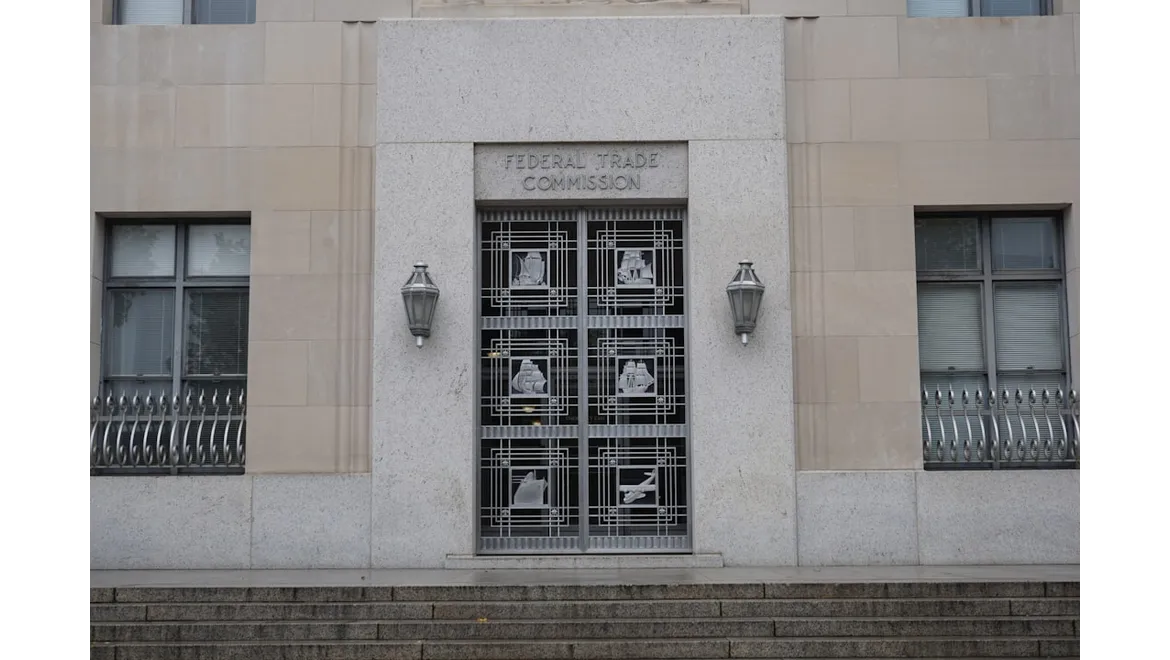The Federal Trade Commission (FTC) has taken a pivotal step in bolstering consumer confidence by finalizing a rule designed to combat the proliferation of fake reviews and testimonials. Announced recently, this robust measure addresses the escalating issue of deceptive online reviews that mislead consumers and skew market competition. The rule explicitly bans the sale or purchase of fraudulent reviews and empowers the FTC to seek civil penalties against those who knowingly engage in such practices.
The FTC’s new rule is comprehensive, targeting a range of deceptive practices related to consumer reviews and testimonials. The primary prohibitions include the creation or sale of reviews by non-existent individuals or those lacking genuine experience with the product or service. This extends to reviews generated by artificial intelligence (AI). Incentivized reviews with required sentiments, whether positive or negative, are also prohibited. Furthermore, insider reviews, such as those from employees or their family members, must transparently disclose their material connection to the business, failing which they are considered deceptive.
The rule also tackles the misrepresentation of independent reviews, prohibiting businesses from falsely claiming that a site or entity offers independent reviews if it includes the company’s products or services. Suppression of negative reviews through baseless threats, intimidation, or false accusations is banned, as is the misrepresentation that a website’s reviews reflect most or all submitted feedback when they do not. Additionally, the sale or purchase of fake social media influence, such as followers or views, is explicitly outlawed.
The implementation of this rule signifies a substantial shift in how businesses must manage consumer reviews and testimonials. Violations can result in hefty civil penalties, with the maximum penalty reaching nearly $52,000 per instance. While courts will ultimately determine the calculation of violations per case, the FTC intends to leverage this rule to curb deceptive practices that grant unfair advantages over competitors. For businesses, this necessitates a thorough review and overhaul of current practices related to consumer reviews and testimonials. Companies must ensure all reviews are authentic and transparently disclose any material connections. This involves educating employees and third-party partners about the rule and instituting clear policies for the solicitation, management, and disclosure of consumer reviews.
The FTC’s rule is a direct response to the growing prevalence of fake reviews and testimonials, which erode consumer trust and distort market competition. These fraudulent reviews not only mislead consumers but also unfairly divert business from honest competitors. By targeting these deceptive practices, the FTC aims to create a more transparent and trustworthy online marketplace. Consumer advocates have lauded the rule for its critical role in protecting online shoppers who heavily rely on reviews when making purchasing decisions. Teresa Murray, a consumer advocate at the U.S. Public Interest Research Group, emphasized the rule’s significance in safeguarding online shoppers, expressing hope that it will deter companies from engaging in deceptive practices due to the fear of repercussions.
The finalization of the FTC’s rule to combat fake reviews and testimonials marks a significant advancement towards ensuring transparency and fairness in the online marketplace. Businesses are now compelled to take proactive measures to comply with the new rule, fostering a landscape where consumer trust is paramount. This rule underscores the essential role of genuine and transparent consumer feedback in upholding market integrity and protecting consumer interests. As the online marketplace evolves, the emphasis on authentic reviews will continue to be a cornerstone in maintaining a fair and trustworthy environment for all stakeholders.











